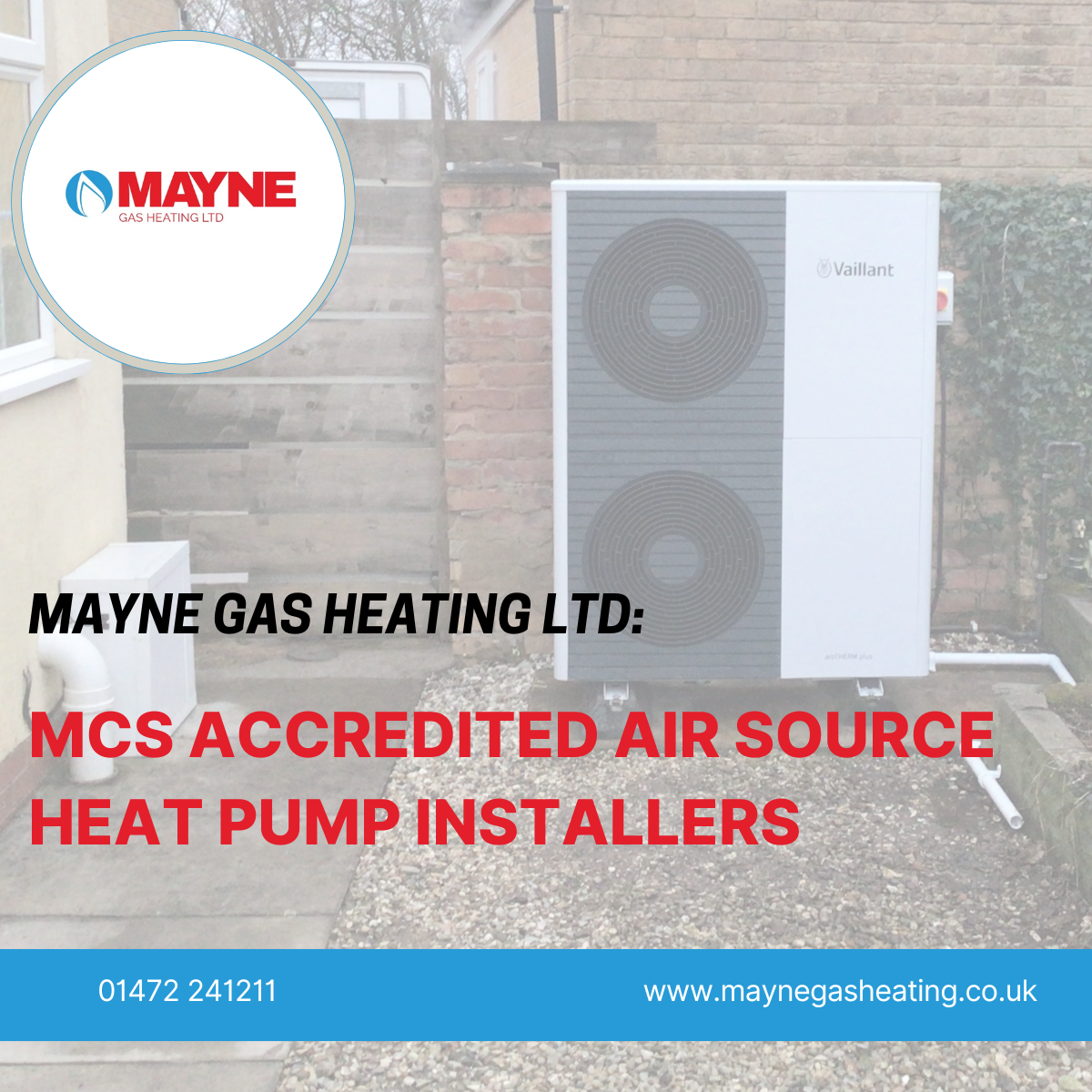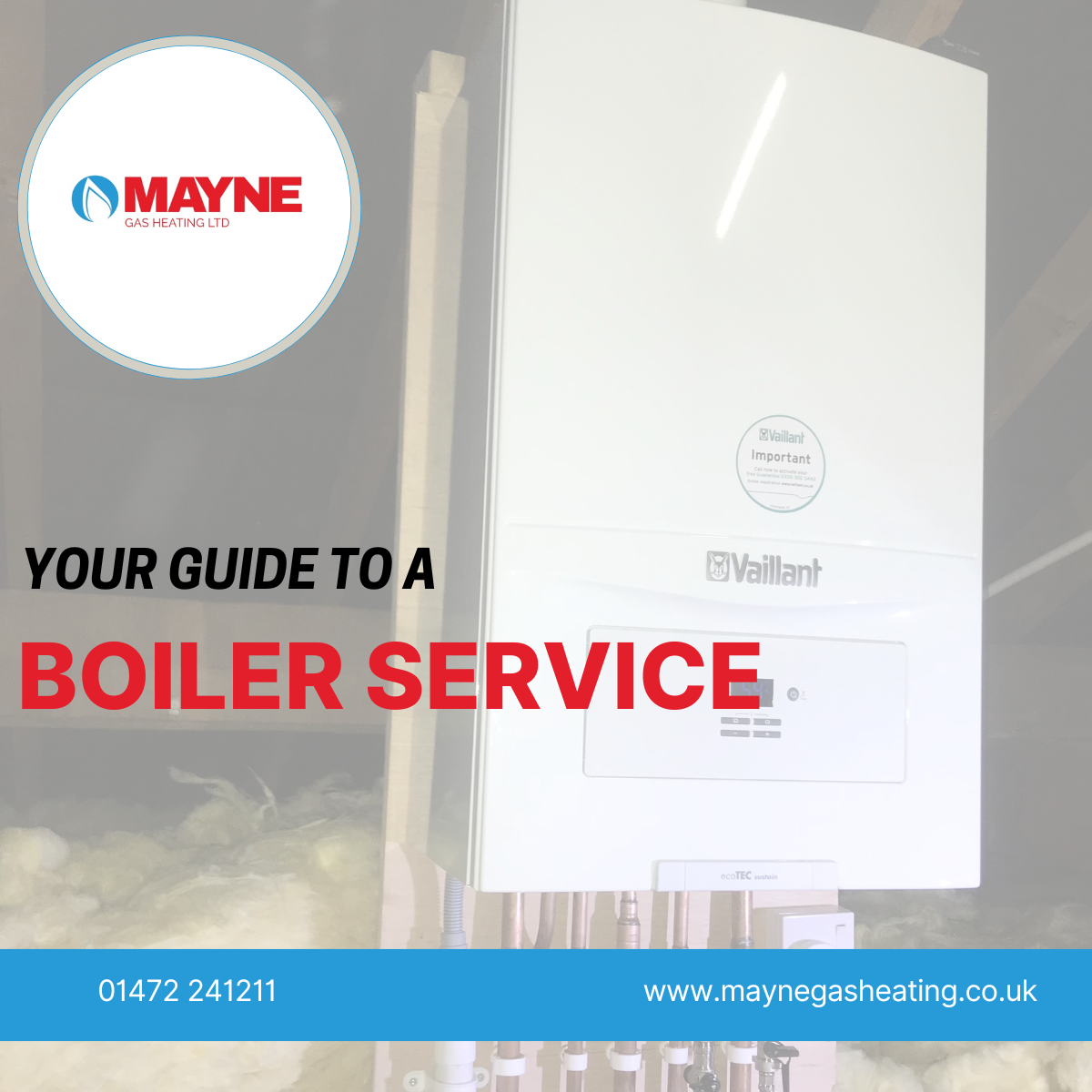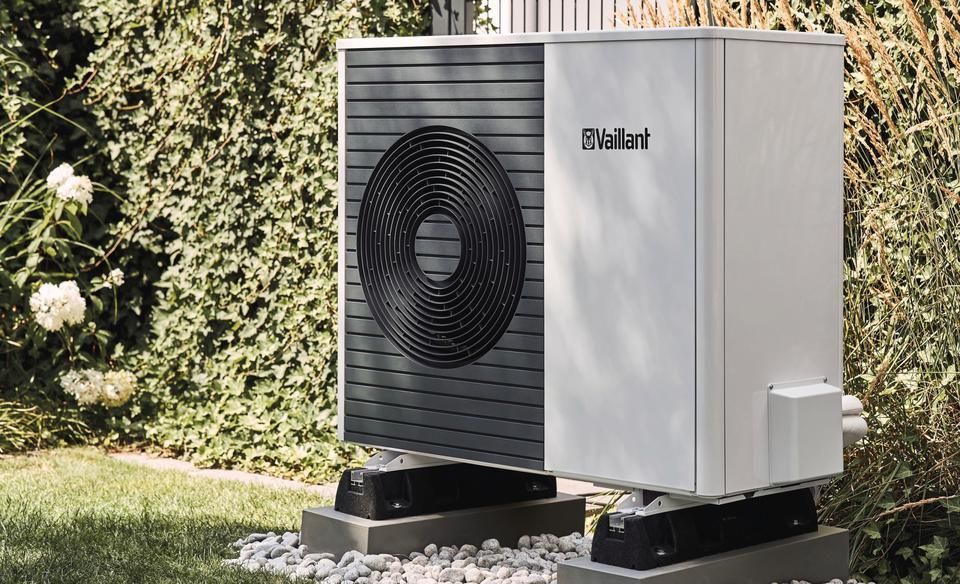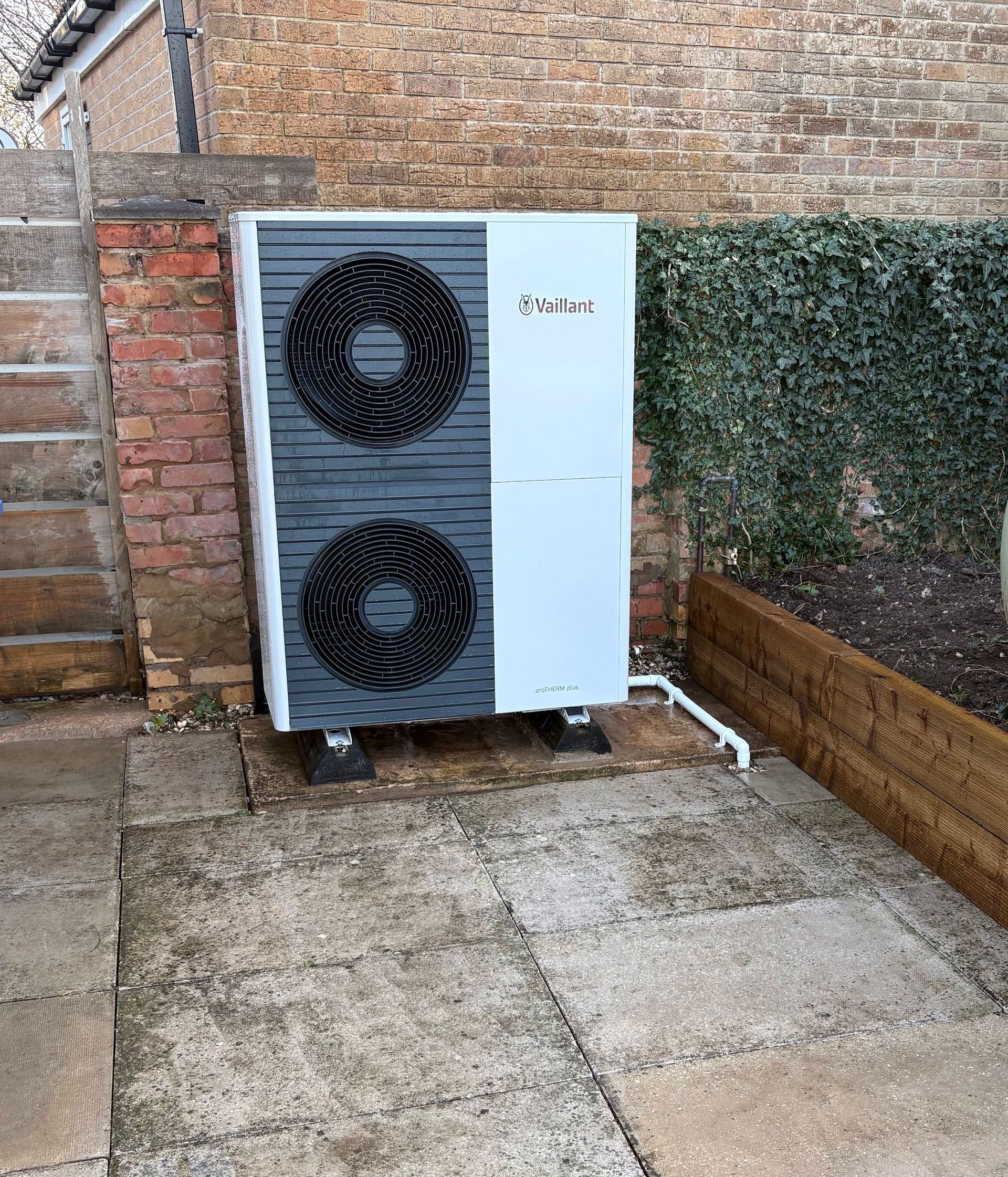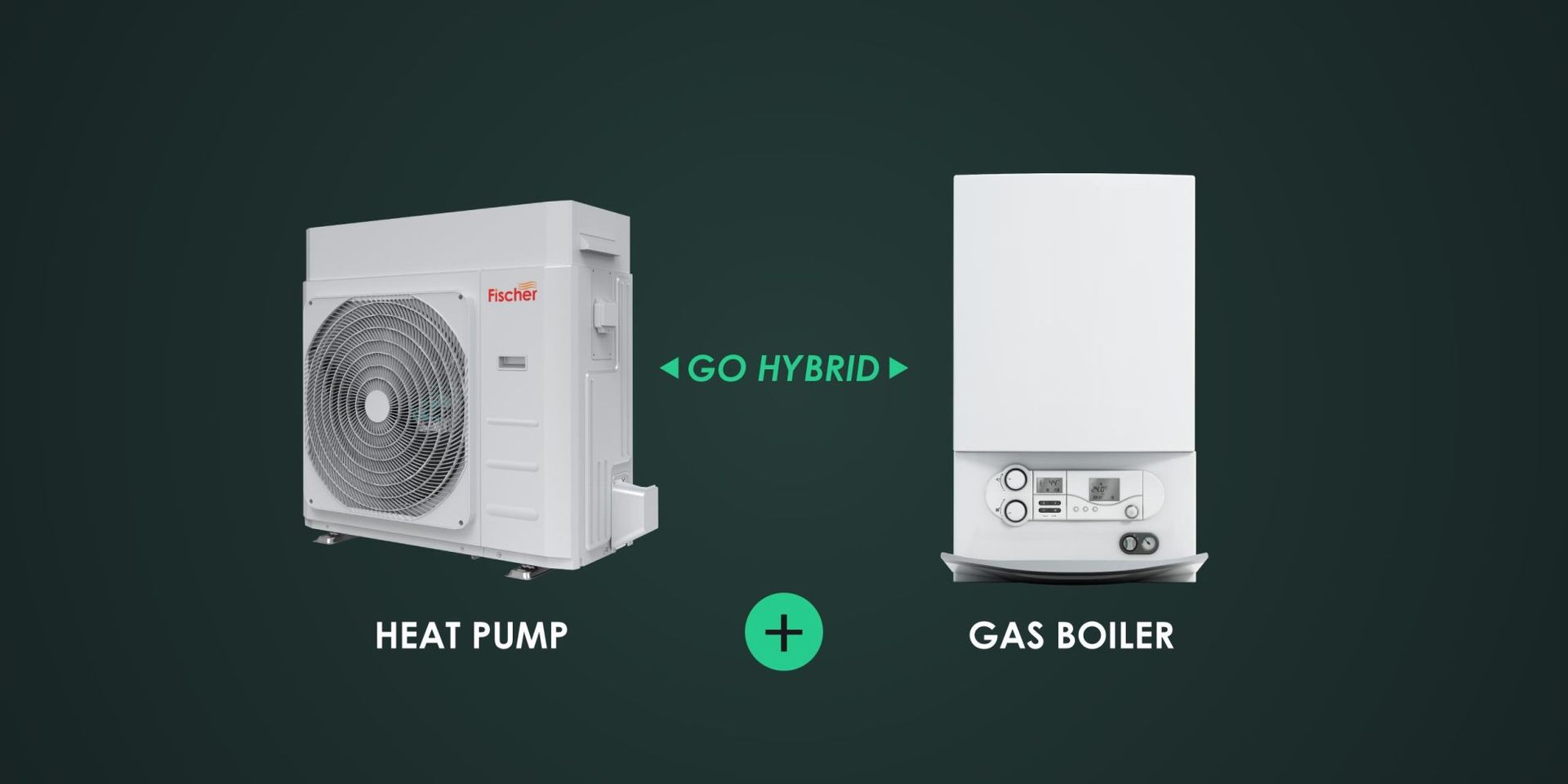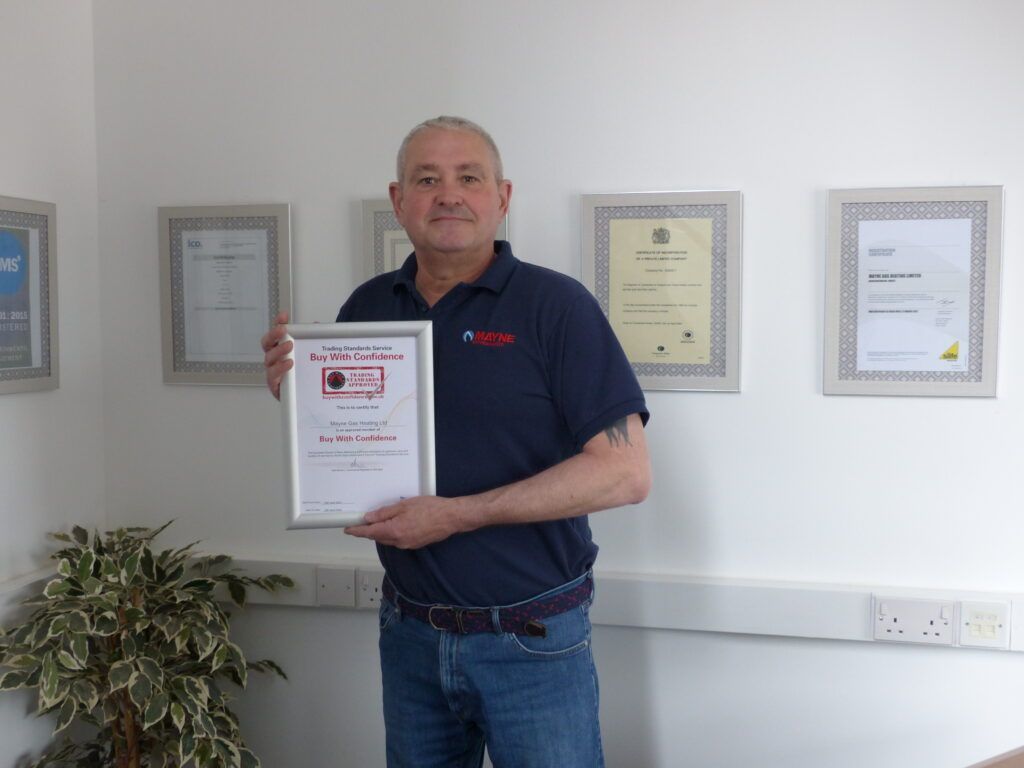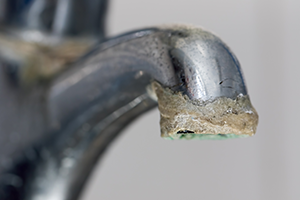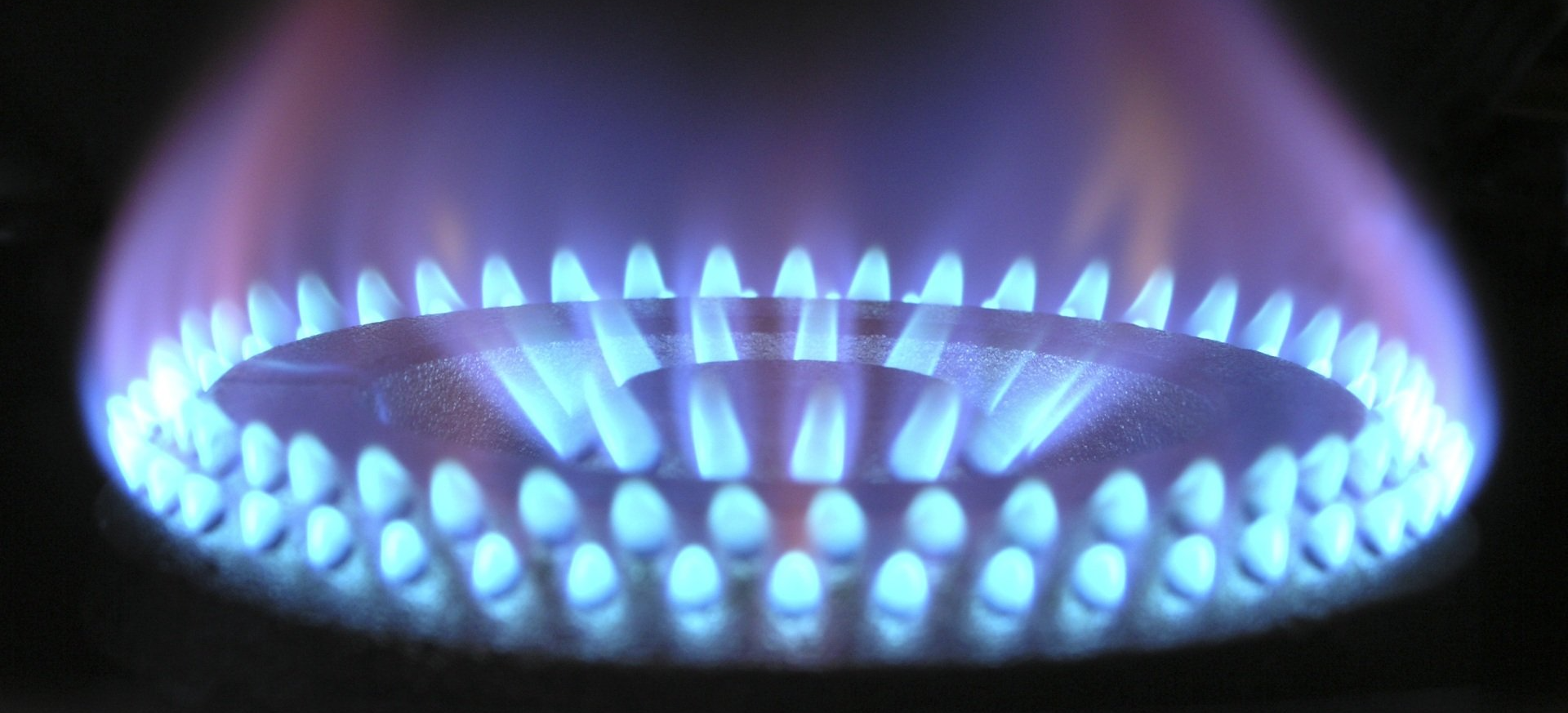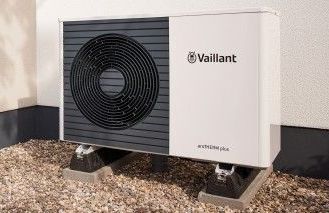What is a legionella risk assessment?
All landlords in the UK should be aware of Legionaire’s Disease and the Legionella Risk Assessment that they must carry out.

The Legionella Risk Assessment identifies possible risk factors in properties and buildings that could potentially product Legionaire’s Disease.
This is especially important for anyone who is responsible for employees working in the hospitality industries and hospitals.
What is Legionnaires’ Disease?
Legionnaires’ disease is a pneumonia-like illness caused by the waterborne pathogen, Legionella. It is caused by a bacteria that is commonly found in natural water sources, such as rovers, lakes and ponds. These naturally occurring instances are typically fairly mild and pose a low risk to humans.
However, the Legionella bacteria can also reproduce in man-made water systems such as water towers, cold water systems, humidifiers, spas and pools.
The symptoms of Legionnaires Disease are commonly a cough, with difficulty breathing, chest pain, a high temperature and flu-like symptoms. It can be very serious and in some cases, fatal, so it’s important that landlords and employers know their responsibilities.
Who needs to complete the legionella risk assessment?
Landlords and employers working within certain industries should complete a legionella risk assessment without fail. This includes anyone who operates;
- local authorities
- housing associations
- private sector landlords
- housing co-operatives
- Hostels
Please note this list is not exhaustive - for the full criteria, please visit the HSE
What is a legionella risk assessment?
The
Legionella Risk Assessment (LRA) is the responsibility of landlords and employers to regularly check their water systems for the legionella bacteria and potential risks.
Currently, there is no specific time frame for when you should test for Legionella, but you should carry a check at least every 2 years, or if there have been any of the following changes;
To the use of the building where the specific water system is located- To the water system itself
- To key personnel managing the building/establishment
- A change in the relevant legislation
- If a case of Legionnaires' disease has been reported in the area
How do I perform a legionella risk assessment?
Any competent landlord or employer can carry out a legionella risk assessment. You don’t need a specific qualification to complete one, but you should make a full record of all steps you have taken.
This will include;
- A record of who has carried out the assessment and their role within the company
- A record of all staff training to identify possible legionella sources and risks
- A record of all maintenance and servicing carried out in any water systems
- A record of regular checks completed to ensure any risks are identified as early as possible
In particular, you should review your water systems regularly and the HSE (Health and Safety Executive) says that your legionella risk assessment records need to show the following:
- If the water in your system is stored or re-circulated
- If your water temperature in some or all parts of the system is between 20 and 45 °C.
- If there are any sources of nutrients within the water system, such as rust, sludge, scale or organic matters.
- If you have instances of water droplets forming anywhere within your system and if so, whether they could be dispersed over a wide area.
Once you have followed the guidance above and made a detailed record of your findings, your legionella risk assessment is complete.
Anything that meets the parameters above should be further investigated by professionals if you feel there is an identified risk, but if not, you are done.
Just remember to review your records at least every 2 years, or if any changes occur to your current water systems.
If you would like more advice about completing a Legionella risk assessment, contact Mayne Gas Heating and speak to one of our expert technicians.
